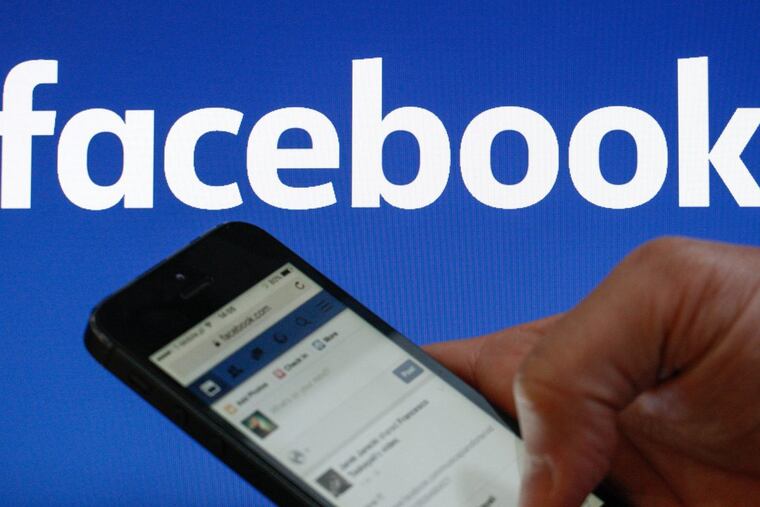Elected officials, social media, and the First Amendment
It's not just President Trump. Elected officials all over the United States are using Facebook and Twitter to interact with constituents, leading to a wave of First Amendment lawsuits and fights over whether posts on social media platforms run by politicians are public records.

It's not just President Trump. Elected officials all over the United States are using Facebook and Twitter to interact with constituents.
This growing reliance on social media in public life, from small towns in central Pennsylvania to the White House — and the tendency of some politicians to block critics — has opened a new front in First Amendment law and forced states' Right-to-Know officials to grapple with the question of whether posts on social media platforms run by politicians are public records.
"FDR had his radio addresses. JFK had his television addresses. Twitter is just the next in line. Trump has his Twitter posts. The real difference, though, is those technologies weren't nearly as interesting and dynamic," Alex Abdo, a senior staff attorney at the Knight First Amendment Institute at Columbia University, said this week.
"Imagine if FDR had figured out a way to convince the radio companies not to broadcast to certain political opponents," said Abdo, who is part of a team suing Trump on behalf of seven individuals who were blocked from Trump's Twitter feed after criticizing the president or his policies.
The suit, filed in July in U.S. District Court for the Southern District of New York, alleges that Trump violated the Twitter users' First Amendment rights because blocking them on Twitter amounted to a viewpoint-based restriction on their participation in a public forum.
A decade after the first iPhone appeared, transforming the way millions communicate, the Trump case is the most prominent in a building wave of legal proceedings involving social media and the First Amendment or public records. In defense of public officials, lawyers have decried the expansion of First Amendment rights into social media.
Branches of the American Civil Liberties Union have filed similar lawsuits against governors in Maine, Maryland, and Kentucky in recent months. The ACLU of Utah last month sent a warning letter to the state's congressional delegation, warning that blocking constituents on social media is "an unconstitutional restriction on their right to free speech under the First Amendment."
The ACLU of Pennsylvania is looking at several cases of elected officials' blocking social media users, but has not filed any lawsuits, said staff attorney Sara J. Rose.
In a Chambersburg, Pa., case, the Pennsylvania Office of Open Records last month decided that posts Mayor Darren Brown deleted from his public-figure Facebook page were subject to the state's Right-to-Know Law and directed the borough to release them. It has until Sept. 16 to appeal the decision, and as of Wednesday had not made a decision on an appeal.
The Chambersburg case centered on a proposal by borough resident Noel Purdy and a local artist to paint a mural on a retaining wall along the Chambersburg Rail-Trail. The mayor sought feedback on the proposal, which he opposed, on his public-figure Facebook page. He maintains a separate personal Facebook page.
But the mayor blocked Purdy from the page and deleted posts by her, according to the Chambersburg Public Opinion.
Purdy welcomed the favorable open records decision as a First Amendment victory. "Public officials shouldn't be able to sit behind a computer screen deleting public comments from their social media pages in an effort to manufacture a narrative that fits their agenda," Purdy said in a statement.
The most significant federal court decision on elected officials' violating First Amendment rights in the realm of social media was made in Virginia in July. It has similarities to the Chambersburg case.
In that case, U.S. District Judge James C. Cacheris found that the chair of the Loudoun County Board of Supervisors violated a constituent's "right of free speech under the First Amendment" when she deleted his critical post and banned him from her Facebook page for 12 hours.
Deleting comments is akin to a public official cutting people off or giving them less time at a physical public meeting because they do not agree with the official, experts said.
"I think that's a fair analogy," said Erik Arneson, executive director of the open-records office, which since its founding in 2009 has handled just a handful of cases involving social media. "Social media is an area where public records and free speech issues dovetail."